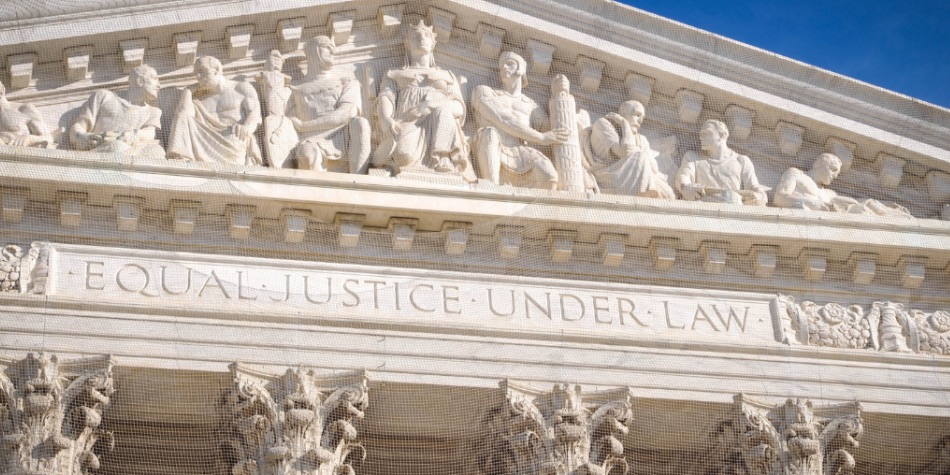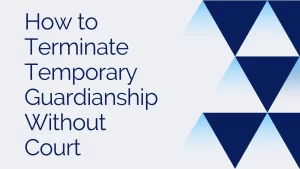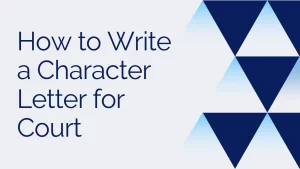How Do I Get My Discovery from Court?
What is Discovery?
Discovery is the process of obtaining facts and information from the other party in a court case prior to trial. This can include documents, tangible objects, witness statements, and other relevant information to help prove your case. The discovery process is governed by court rules that specify what each party must turn over.
What Does Discovery Actually Mean In A Criminal Case?
Understanding the Importance of Discovery
Before delving into the process, it’s essential to understand why discovery is vital in legal proceedings. Discovery allows both parties to:
Gather Evidence
Discovery provides an opportunity to collect evidence that can support your claims or defenses. This evidence can include documents, emails, records, and even witness testimonies.
Evaluate the Opponent’s Case
By accessing the opposing party’s discovery materials, you gain insight into their strategy and the strength of their case. This knowledge can help you prepare your own arguments and defenses accordingly.
Promote Settlement
In some cases, sharing discovery materials may lead to settlements, as parties may realize the strengths and weaknesses of their respective positions.
Initiating the Discovery Process
Now that we’ve established the importance of discovery, let’s explore how to initiate the process.
Retain Legal Counsel
If you haven’t already, it’s advisable to hire an attorney who specializes in your type of case. They will guide you through the entire discovery process.
File a Lawsuit
To start the discovery process, you must first file a lawsuit or be part of an ongoing legal action. Discovery is a formal part of the litigation process.
Serve Written Requests
Your attorney will draft written requests for discovery, including interrogatories (written questions), requests for production (documents and evidence), and requests for admission (asking the other party to admit or deny certain facts).
Respond to Requests
If you are the recipient of discovery requests, you must respond within a specified timeframe, usually 30 days. Failure to respond adequately can have legal consequences.
Types of Discovery
Discovery can take various forms, depending on the nature of your case. Here are some common types:
Document Discovery
This involves the exchange of documents, such as contracts, emails, invoices, and any relevant records.
Depositions
Depositions are sworn, out-of-court testimonies by witnesses or parties involved in the lawsuit. They are recorded and can be used as evidence in court.
Interrogatories
Interrogatories consist of written questions that must be answered under oath. They help clarify specific issues in the case.
Requests for Admission
These are requests asking the other party to admit or deny certain facts. Admissions can streamline the case by eliminating disputed issues.
Handling Sensitive Information
It’s crucial to handle sensitive information and confidential documents appropriately during the discovery process. Failure to do so can result in legal sanctions.
Use Protective Orders
If you have concerns about disclosing sensitive information, you can seek a protective order from the court to limit access to certain materials.
Redact Confidential Information
Before sharing documents, review them carefully and redact any confidential or privileged information.
Strategies for Getting Complete Discovery
To avoid discovery disputes:
Be Proactive from the Start
Don’t wait until late in the case to follow up on outstanding requests. Continuously monitor the status to spot and address problems early.
Follow Up Regularly with Opposing Counsel
Check in frequently to resolve issues informally before resorting to motions. Document all meet and confer efforts.
Document All Discovery Requests and Responses
Keep detailed records of what you requested, when, the responses received, deficiencies, and attempts to confer. Organized records help prove your case to the judge if a motion is necessary.
Go to the Judge Soon if Problems Arise
Don’t let discovery deficiencies drag on unresolved. The longer you wait, the harder it will be to get relief from the court.
Getting Help with Discovery Disputes
Discovery disputes can become complex. Consider getting assistance from:
Hire an Attorney
An experienced trial attorney can advocate most effectively on your behalf if discovery motions are needed.
Use Discovery Assistance Services
Some companies offer affordable help drafting discovery requests, contacting the opposing party, and preparing motions relating to discovery to file with the court if needed.
Conclusion
The discovery process is a fundamental component of any legal proceeding, and understanding how to get your discovery from court is paramount. By following the steps outlined in this guide, working closely with your attorney, and ensuring the proper handling of sensitive information, you can navigate the discovery process effectively.
FAQs
1. Is discovery mandatory in all legal cases?
No, discovery is not mandatory in every case. Its use depends on the specific rules and requirements of the legal jurisdiction and the nature of the lawsuit.
2. Can I request any type of information during discovery?
You can request information that is relevant to your case. However, the court may limit requests that are overly broad or not directly related to the lawsuit.
3. What happens if the opposing party refuses to provide discovery materials?
If the opposing party refuses to provide discovery materials, you can file a motion to compel, asking the court to order them to comply. Failure to comply with a court order can result in penalties.
4. How long does the discovery process typically take?
The duration of the discovery process varies depending on the complexity of the case and the willingness of both parties to cooperate. It can range from several months to years in some cases.
5. Can I represent myself in a legal case involving discovery?
While it’s possible to represent yourself, it is highly recommended to seek legal counsel, especially when dealing with complex legal processes like discovery. An experienced attorney can help you navigate the system more effectively.







